The world-wide celebrations to commemorate 1700th year of Council of Nicaea (convened in 325 CE) have revitalized and reaffirmed our commitment to ecumenism. The commemoration also serves as an opportune time to revisit some doctrinal themes in many and challenging senses they come to us. Then, the council served as a signpost to the faith journey until then and to the highly complex and complicated theological debates since then. And no less, as theological foundation to orthodoxy! This is because the council was able to flesh out major details about the nature of Jesus Christ in relation to the Father, and give the creed many confirmed tenets and a formal shape. More so, the council paved the way for clearer articulations of the doctrine of Trinity.
Now, the largely accepted creed, the Niceno-Constantinopolitan Creed, is an indicator of a long and fiercely fought-out process. It captures as a formula some rigorous debates that began pre-Nicaea, the elaborate discussions in the council of Nicaea itself and the continued deliberations that were later crystalized in the Council of Constantinople (381 CE). As we celebrate this theological landmark, the commemorations would do well by continually engaging with primary sources, understanding the political, social and cultural contexts that have shaped and handed down our doctrines, revisiting the past with scientific temperament, and to receive the teachings of the church both gratefully and critically.
Those of us who swear by ecumenical unity know that …
the Council of Nicaea worked towards homogeneity, unwilling to allow one iota of difference. More deeply, the council was couched in an irony which our celebrations hopefully identify: the irony of formalizing the certainty of our understanding of the perfect nature of Jesus Christ which would then establish an ecumenical unity. Here I am reminded of this profound philosophical and theological exhortation from the recent movie, Conclave. In the movie, the convenor of the conclave has these words of appeal and warning to the College of Cardinals gathered to elect a Pope: “Over the course of the years in service to one another, let me tell you that there is one sin which I have come to fear above all others: Certainty. Certainty is the great enemy of unity. Certainty is the deadly enemy of tolerance. Even Christ was not certain at the end.”
The readings and analysis of the texts and histories around Nicaea are fraught with paradoxes. On the other hand, the profession of the Creed, sunday after sunday, is awe-inspiring as much as it is intriguing. I come from a certain Christian tradition which sets aside the Nicaean creed for ‘solemn’ eucharist services while its predecessor, shorter and ‘simpler’ faith statement, the Apostles Creed, is said in ‘ordinary’ (non-eucharist) services. The uncritical acceptance of such disconnects have created gaps between our day-to-day faith and the theological/theoretical frameworks in our liturgies. While we attempt to be Trinitarian in our theoretical framework in liturgies, catechisms/confirmation lessons and other forms of formal Christian education, many or most of the reformed Christian traditions are highly Christo-centric in their beliefs and day-to-day practices. The struggles to reconcile these theological positions are evidently tough. Understandably, the wider context of the council was manyness and complexity, and the political outcome was antagonistic.
Those of us who swear by the expansive notion of the God-head know that …
Nicaea sensed the working ways of God beyond any one religious, confessional and monotheistic boundaries. Meantime, the schools of thought, which engaged in prolonged debates on the nature of God the father and God’s shared essence with Jesus Christ, used the terms ousia at times loosely and at other times rigidly, reducing the debates to polemics. There was much time and space for the debating groups to sense the mind and mood of the ‘opponents’. This process of the construction of the Creed that we continue to affirm to this today, focused on the theological rigors around Jesus’ lordship and Godship. Such nuanced interpretations capture for us two outcomes: at times limiting the confines of the most spread-out nature of God and at times exploring the ongoing manifestations of God beyond restricted ways and means.
The spirit of homogenizing did prevail and was best captured in the spirit exuded around the Council: ‘One God, one Lord, one faith, one church, one empire, one emperor’. The God of the council and the convening Emperor now shared a sense of oneness.
Those of us who swear by ‘All theologies are Political’, know that …
at the background to the 1700th celebrations is a council like many of ours. History is loud about the emperor taking personal and political interests to veer the direction of the complex nature of theological and philosophical debates. Those who did not conform to these directions were branded ‘heretics’, anathemized and banished from ecclesial and political fold. And, those who wished to return to the institutionalized religious fold had to comply with the outcome of the Council under duress. The council became notoriously famous for favoured inclusions and displeased exclusions. Dissent to the Creed was anathemized, and compliance honored. Anecdotally, while the emperor theologically and politically detested the Arians, he was baptized by an Arian bishop while on his death bed. Histories around Nicaea and post-Nicaea have clearly recorded how the so-understood heretics and pagans were deprived of civic rights.
In all our celebrations, there is an apparent tendency to glorifiedly receive from Nicaea the foundational theological formulations. Equally importantly, the hope is to ignore the matrices of political business, anathemas and banishments, especially the detrimental relationships between religion and state, that we have uncritically or inadvertently inherited from Nicaea and around.
Rev. Dr. Rohan P Gideon
Professor, Christian Theology, The United Theological College, Bengaluru.
Become a member
Get the latest news right in your inbox. We never spam!

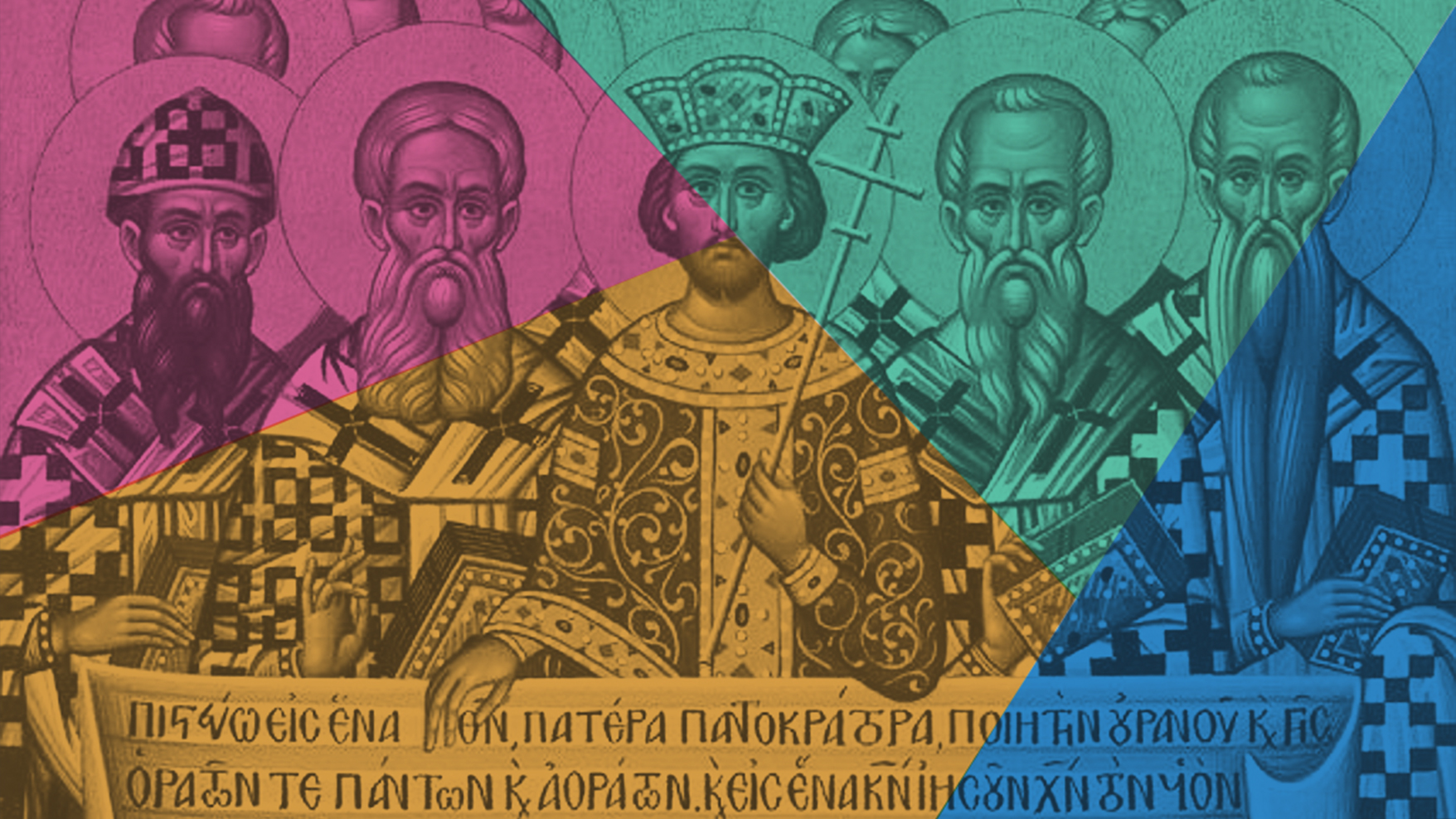
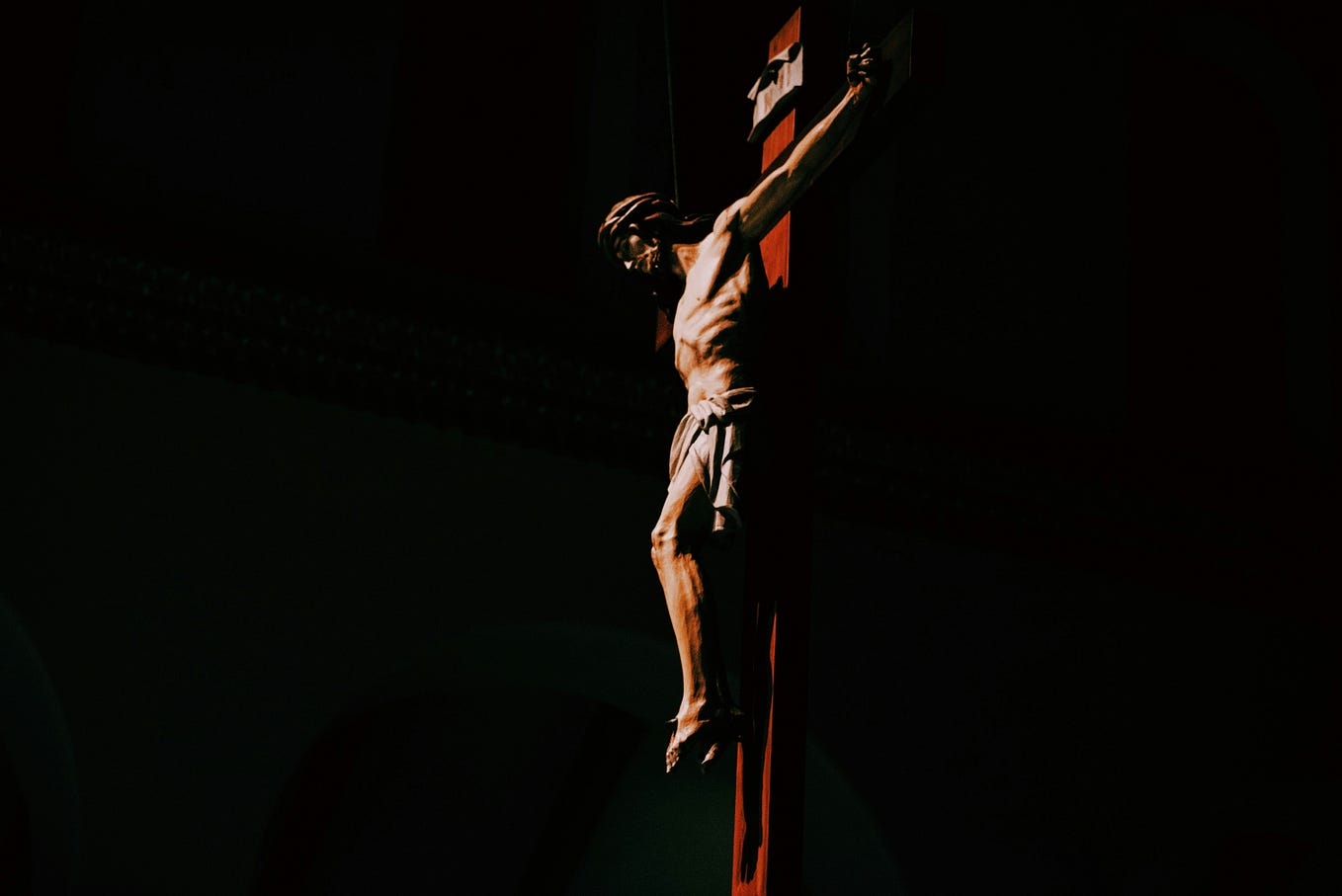
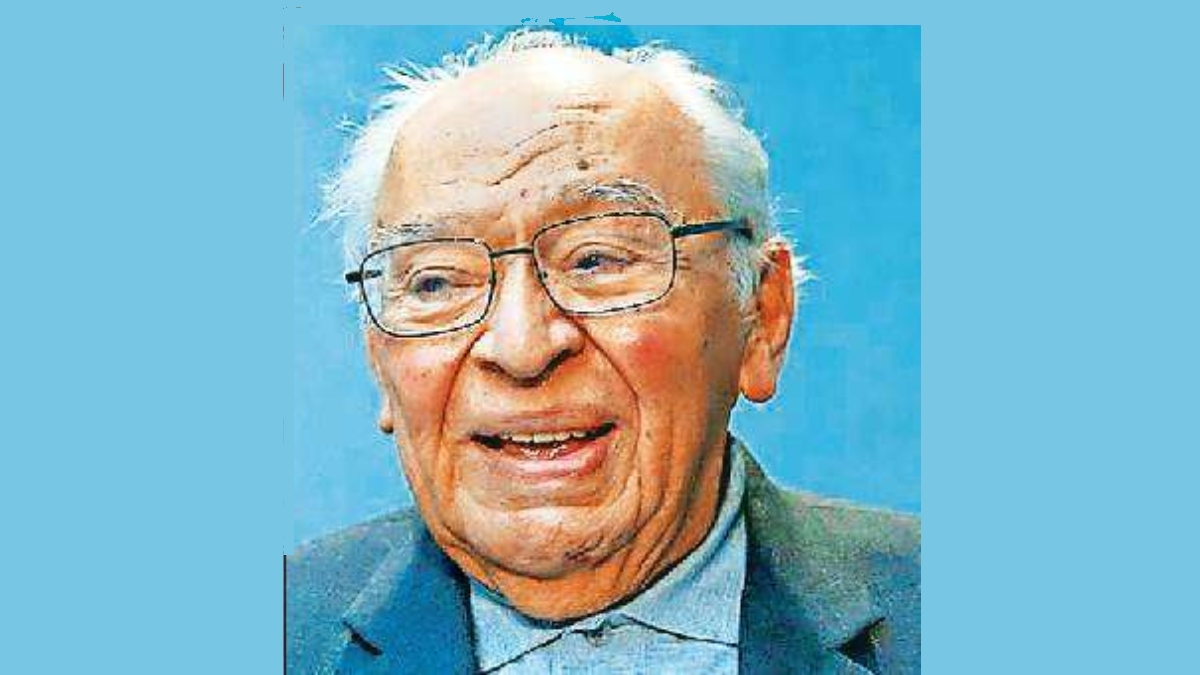
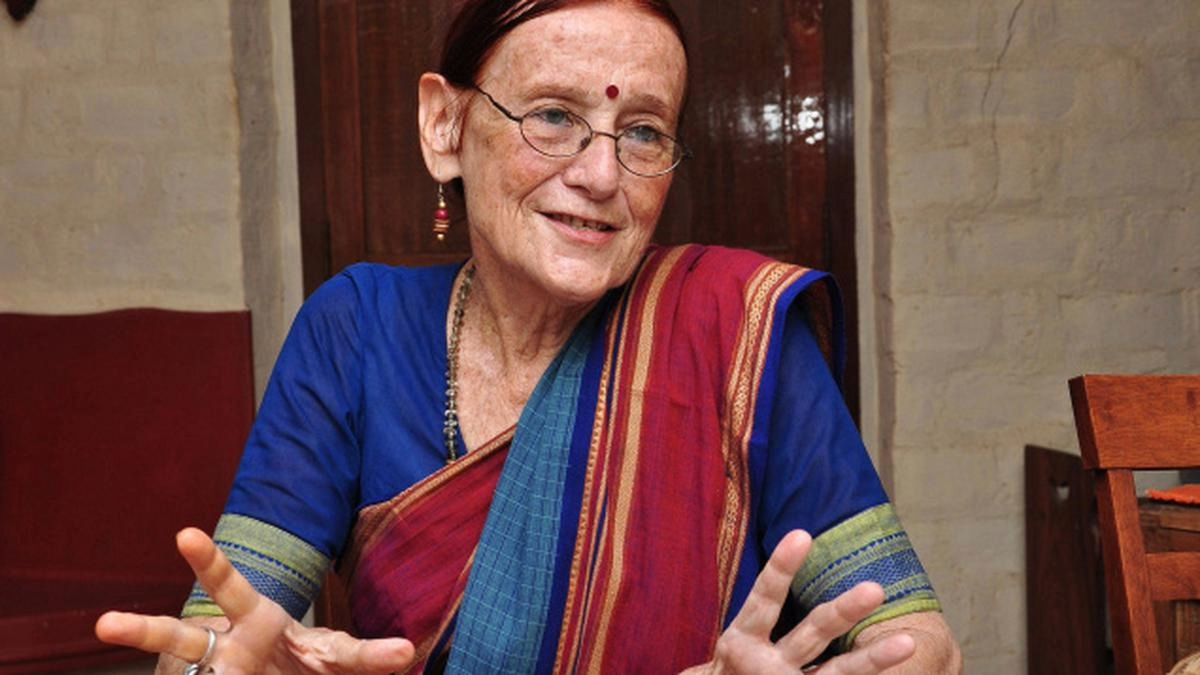
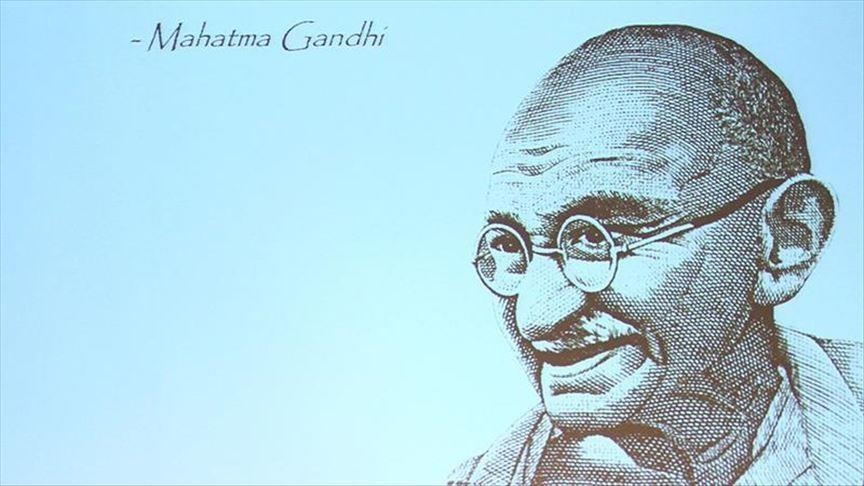
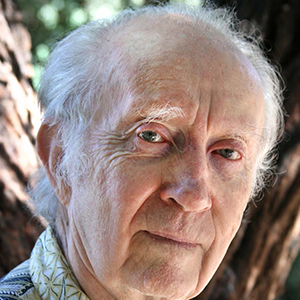

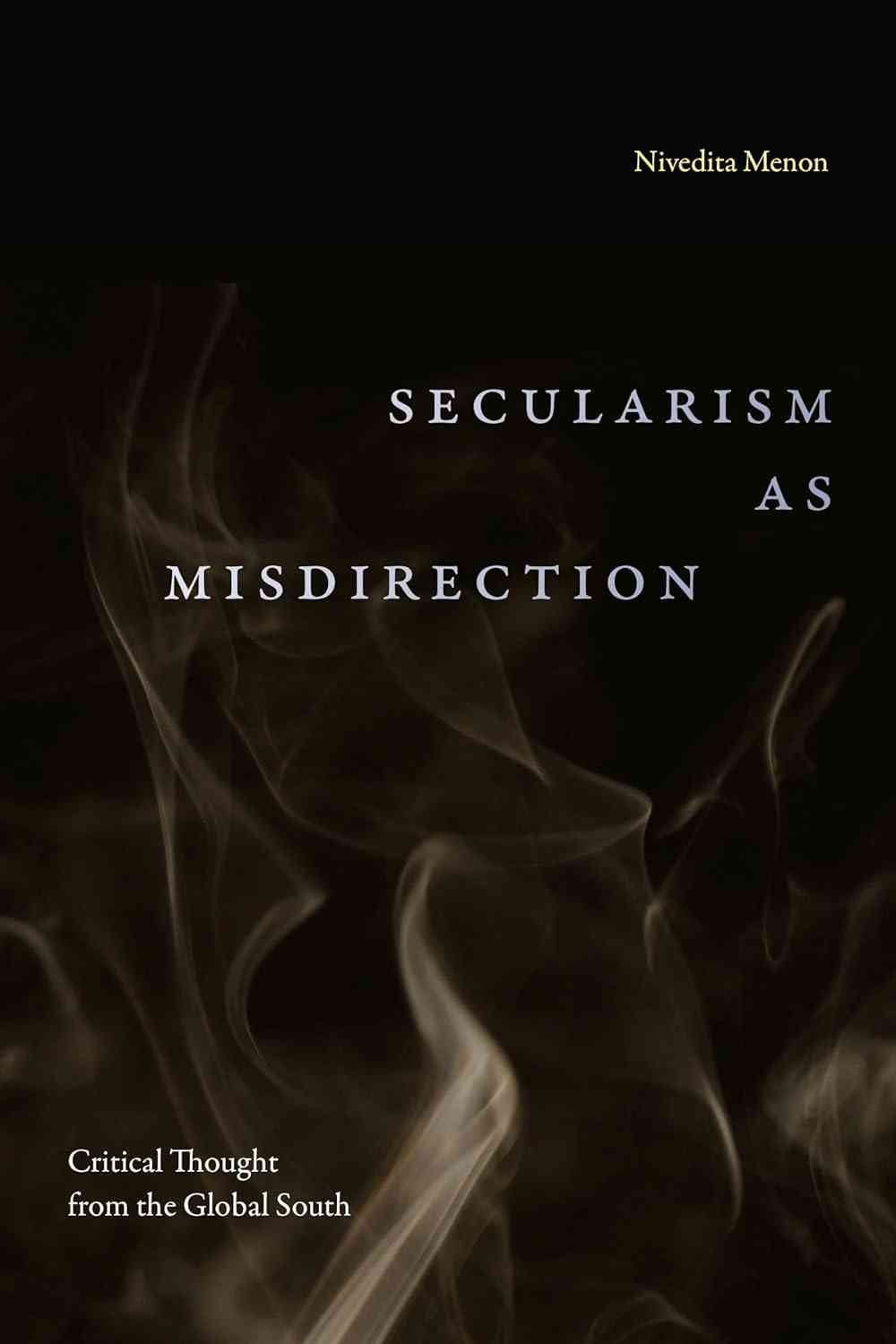
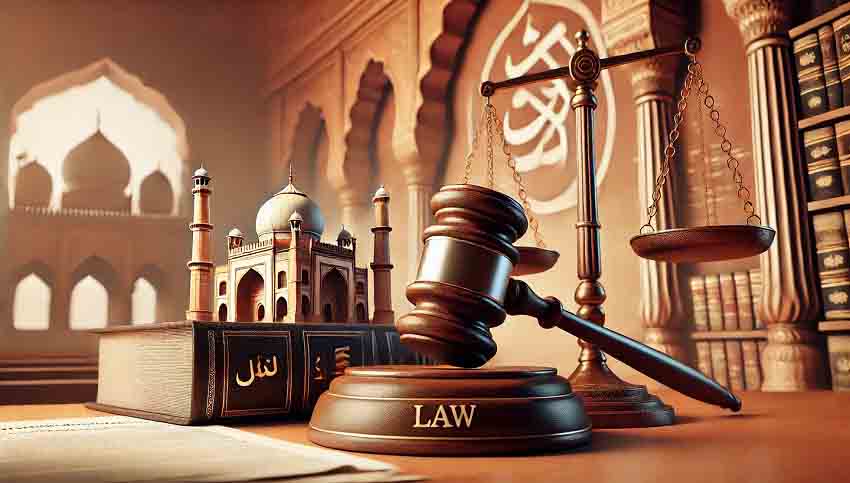
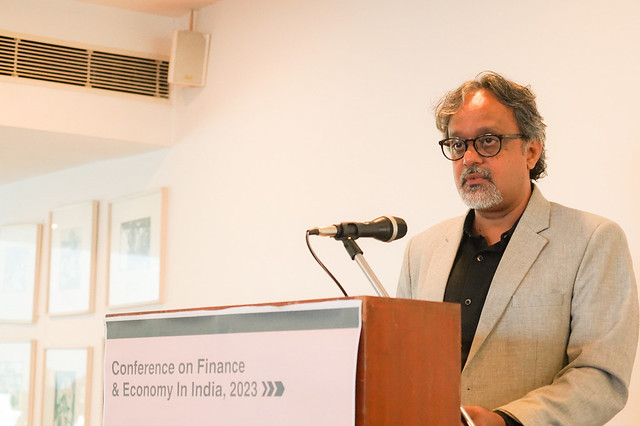

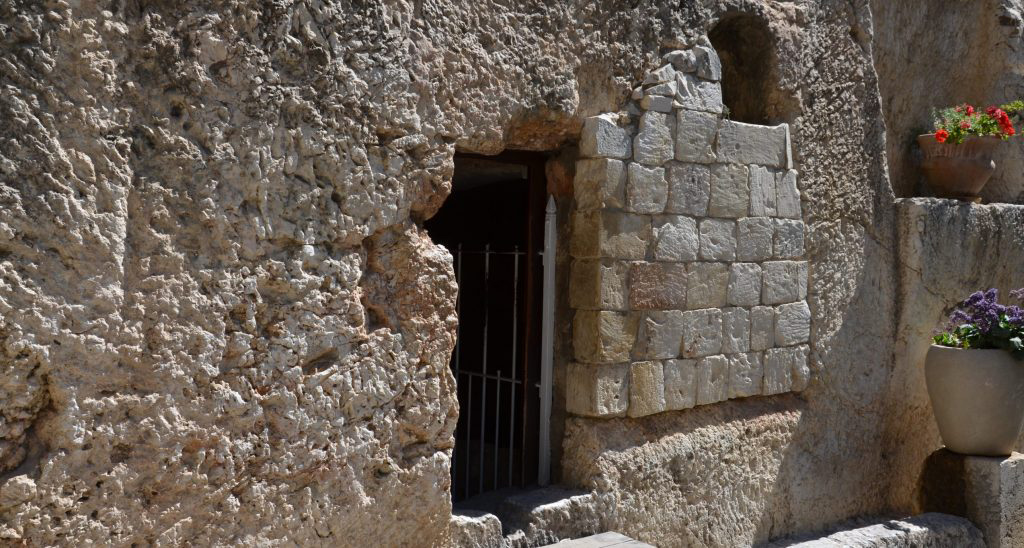
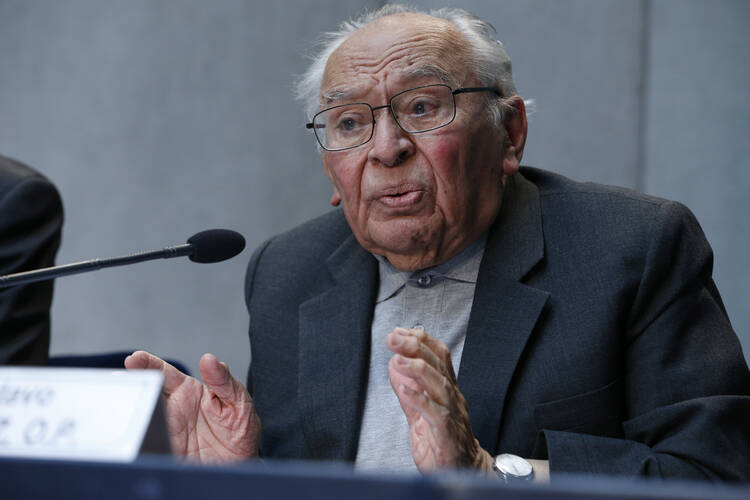

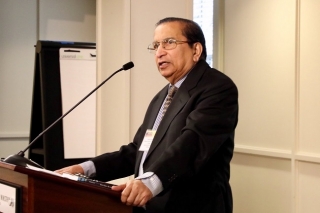
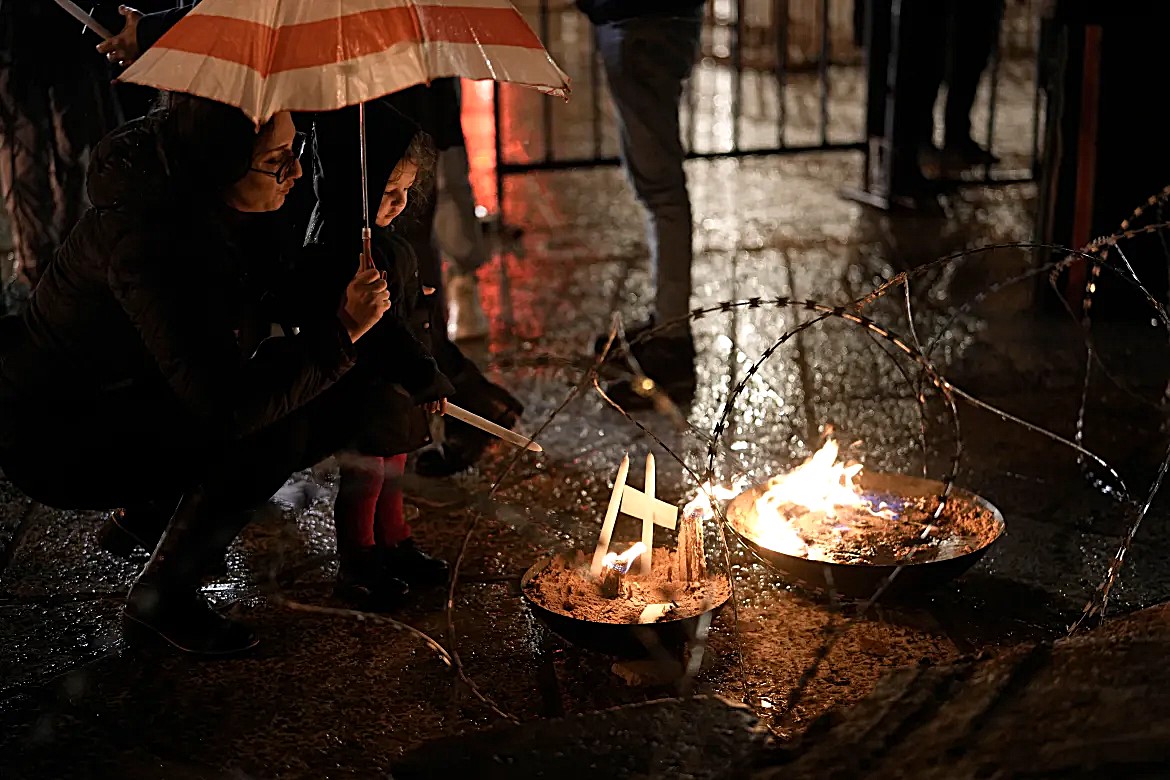
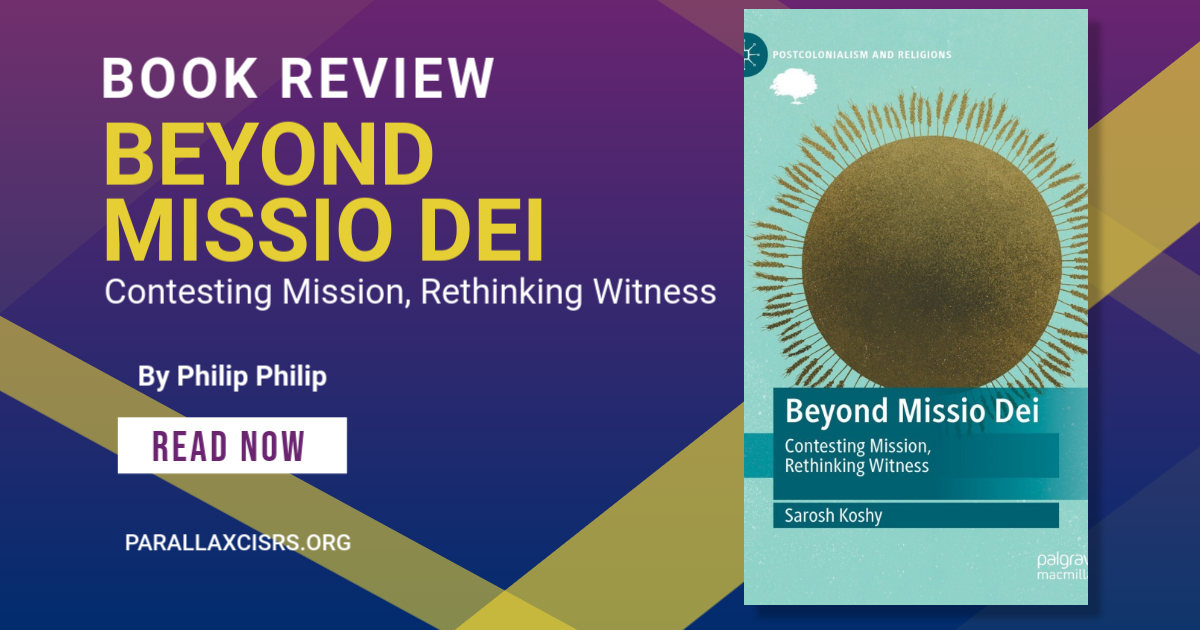

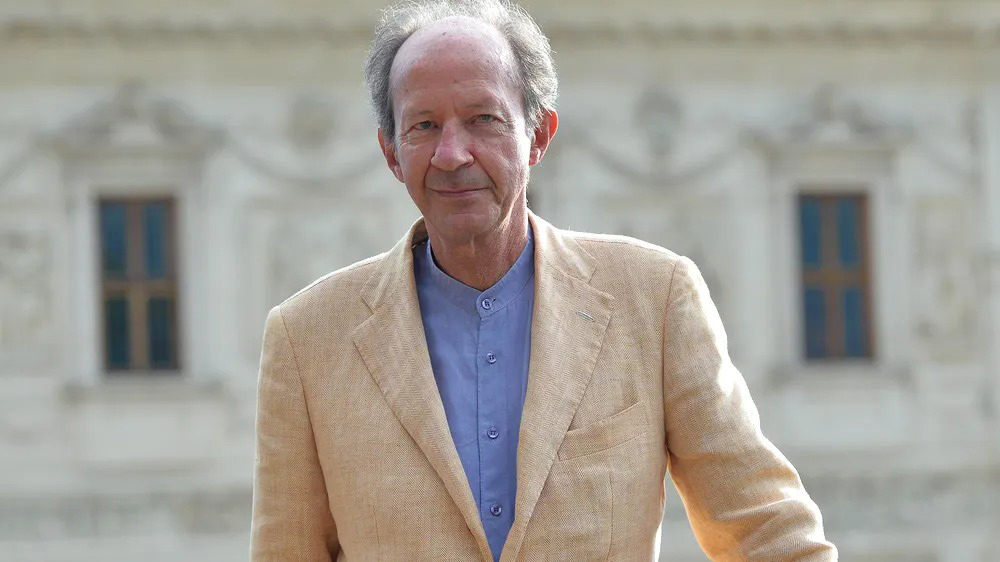
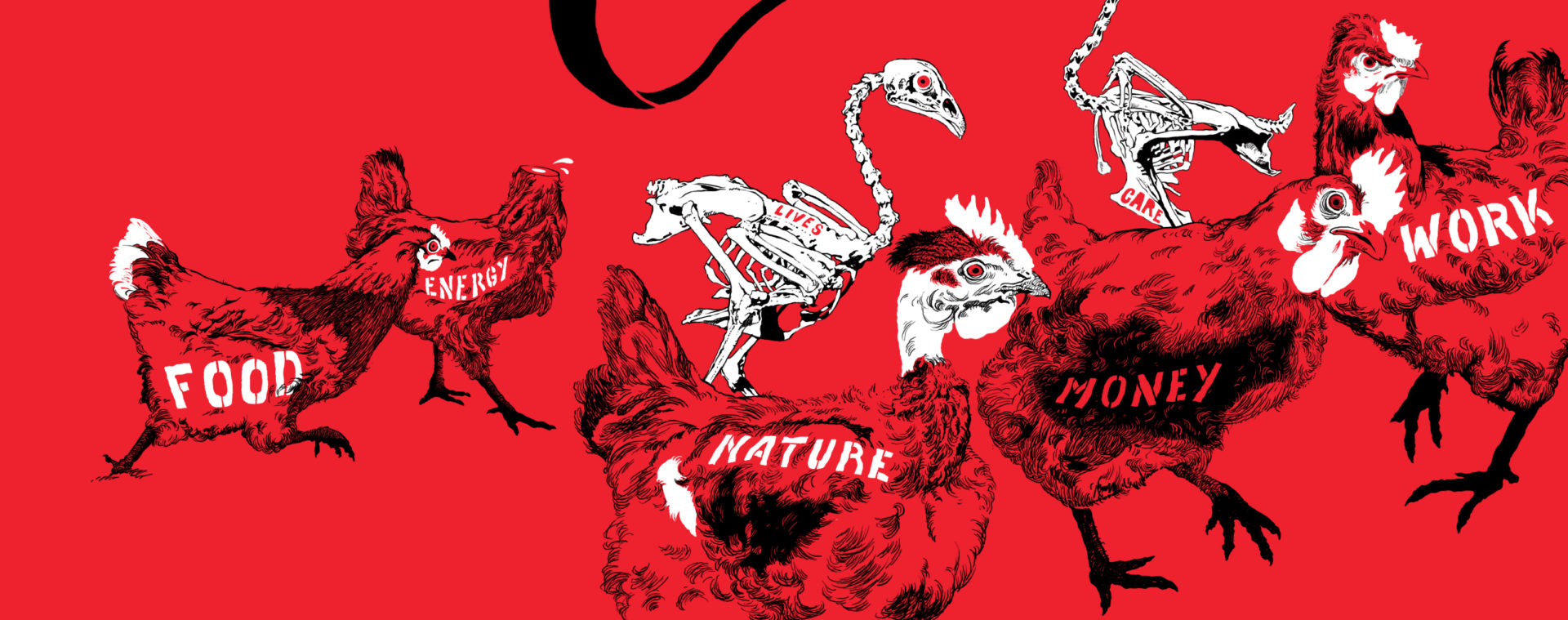
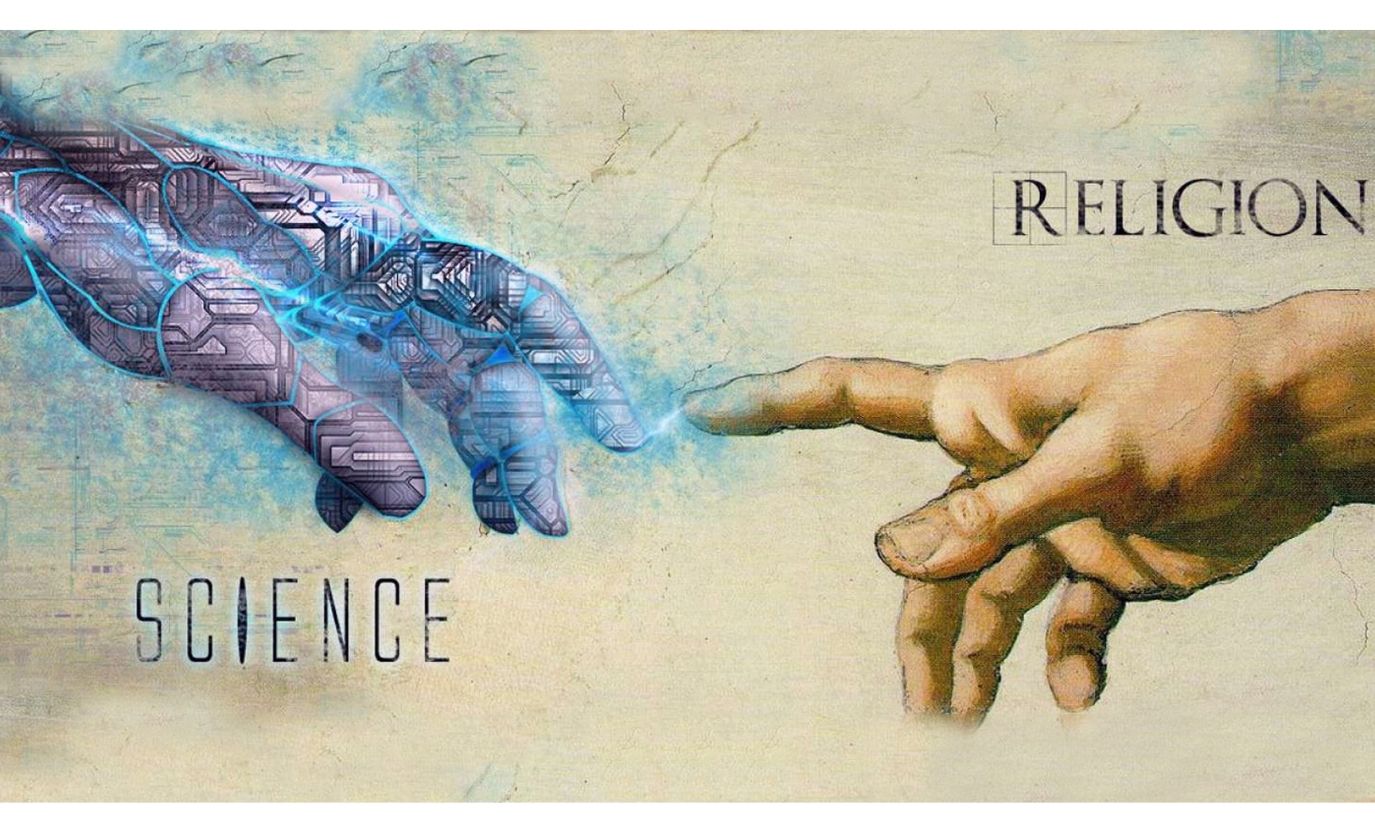
Comments
No Comments